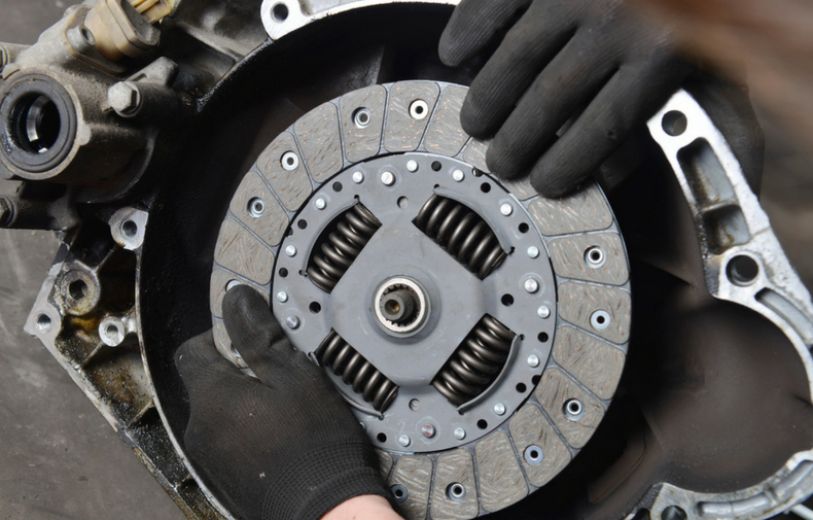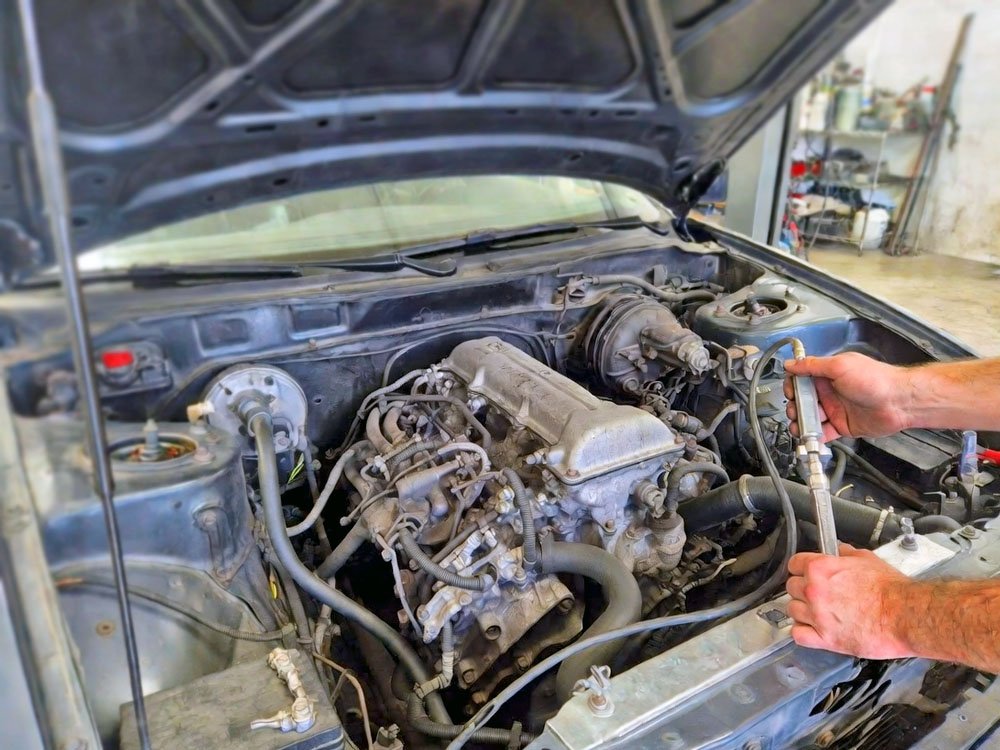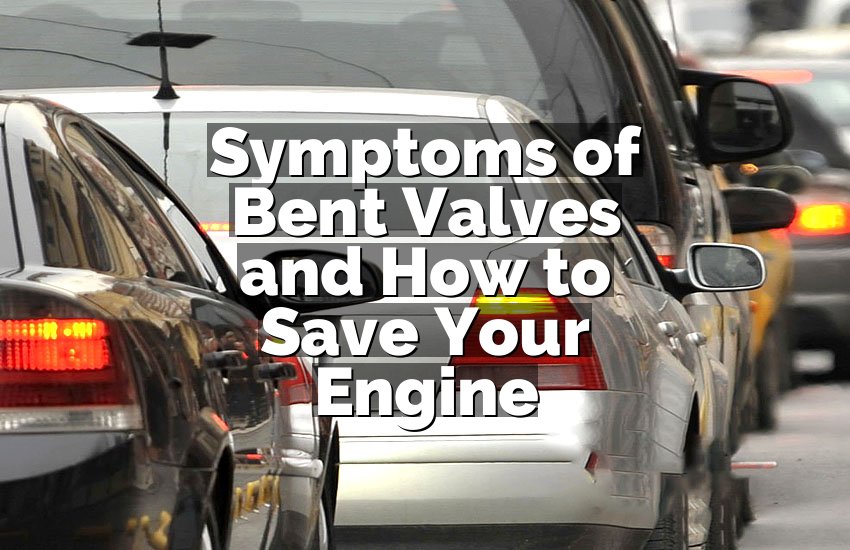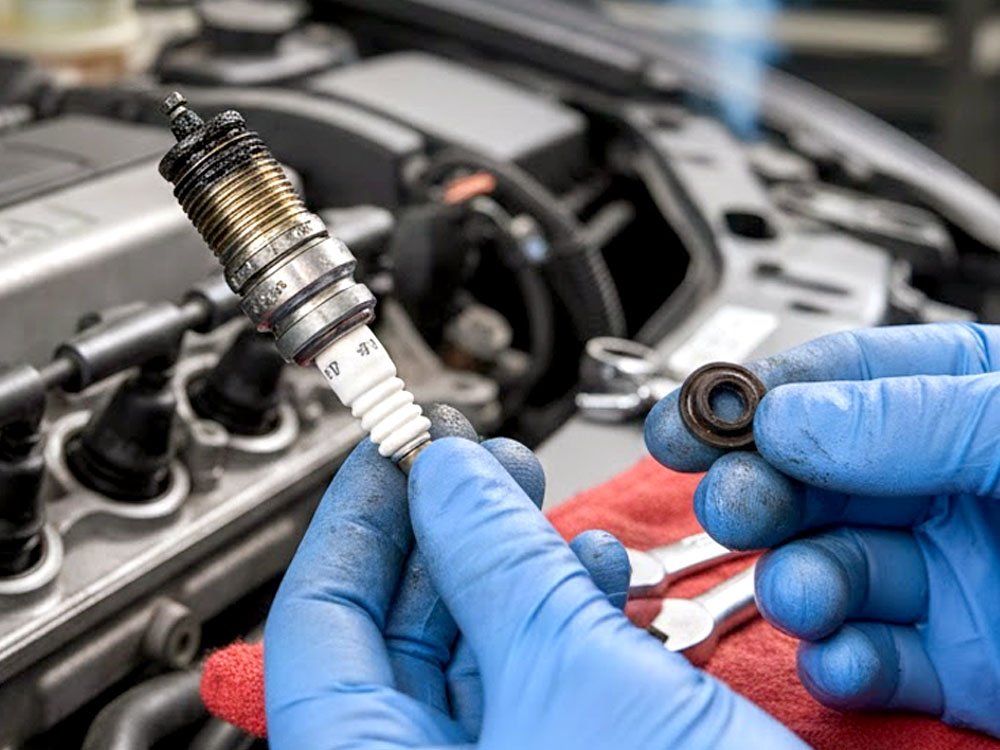Experiencing a jerking sensation when braking can be caused by various issues, including worn brake pads, warped rotors, or a problem with the braking system. It’s essential to troubleshoot the problem thoroughly to identify and rectify the root cause.
When encountering a jerking car when braking, it can be a cause for concern. This issue can stem from a range of potential sources, such as worn brake pads, warped rotors, or a faulty braking system. Troubleshooting these symptoms comprehensively is crucial in order to pinpoint and address the underlying problem effectively.
By understanding the potential issues and taking the appropriate measures, you can ensure the safety and optimal performance of your vehicle.

Credit: www.rac.co.uk
Brake System Issues
When it comes to the safe operation of your vehicle, the brake system plays a crucial role. It is responsible for providing you with the ability to slow down or stop your car whenever necessary. However, if you experience a jerking motion when applying the brakes, it is a strong indication that there may be issues within your brake system that require attention.
Worn Brake Pads
One of the common culprits behind jerking when braking is worn brake pads. Brake pads are essential components that create friction against the brake rotors, allowing for effective stopping power. Over time, they tend to wear down due to constant contact and pressure. When brake pads become worn, they may no longer make consistent contact with the rotors. This can result in a jerking sensation when you press down on the brakes.
If you suspect that worn brake pads are the cause of your jerking car when braking, it is crucial to have them inspected and replaced as soon as possible. Worn brake pads not only compromise your vehicle’s performance and safety but can also cause further damage to other brake system components, such as the rotors.
Uneven Brake Rotors
In addition to worn brake pads, uneven brake rotors can also contribute to the jerking sensation when braking. Brake rotors are the smooth metal discs that the brake pads press against to slow down or stop your car. Over time, rotors can become uneven due to factors such as excessive heat, uneven pad wear, and improper installation.
Uneven brake rotors can cause the brake pads to make uneven contact with the rotor surface, leading to a jerking motion when you apply the brakes. If you notice a pulsating sensation or hear a grinding noise, these are common signs of uneven brake rotors.
Fortunately, resolving this issue typically involves resurfacing or replacing the affected rotors. It is essential to address uneven brake rotors promptly to restore smooth braking performance and avoid further damage to your brake system.
Take Action To Ensure Safety
In conclusion, if you experience your car jerking when you apply the brakes, it is crucial to address the problem promptly. Worn brake pads and uneven brake rotors are common brake system issues that can cause this sensation. Make sure to have these components inspected and replaced, if necessary, to maintain optimal braking performance and ensure your safety on the road.

Credit: www.dubizzle.com
Suspension Problems
When it comes to jerking car when braking, suspension problems can often be the culprit. These issues can create an uncomfortable and potentially dangerous driving experience. In this section of our comprehensive troubleshooting guide, we will explore two common suspension problems that can cause jerking when braking: worn shocks or struts and misaligned wheels.
Worn Shocks Or Struts
If your car’s shocks or struts are worn, it can lead to a jerking sensation when you brake. Shocks and struts are a crucial part of your car’s suspension system, helping to absorb the impact of bumps and dips in the road. Over time, these components can wear out, leading to reduced performance and a less smooth ride.
Some signs that your shocks or struts may be worn include:
- Excessive bouncing or dipping when going over bumps
- Uneven tire wear
- A sagging or uneven stance
If you suspect that your shocks or struts are worn, it is important to have them inspected and replaced if necessary. A professional mechanic can assess their condition and recommend the appropriate course of action. Replacing worn shocks or struts can greatly improve your vehicle’s ride quality and help eliminate the jerking sensation when braking.
Misaligned Wheels
In addition to worn shocks or struts, misaligned wheels can also contribute to a jerking car when braking. When your wheels are not properly aligned, they can cause uneven wear on your tires and affect your car’s handling and stability.
There are several signs that may indicate your wheels are misaligned:
- Your car pulling to one side while driving
- Uneven or rapid tire wear
- A crooked or off-center steering wheel
If you notice any of these signs, it is important to have your wheels aligned as soon as possible. A professional wheel alignment will ensure that your tires make proper contact with the road, improving both the safety and performance of your vehicle.
In conclusion, worn shocks or struts and misaligned wheels are two common suspension problems that can cause a jerking car when braking. Regular maintenance and inspections can help prevent these issues and keep your vehicle running smoothly. If you experience the symptoms described in this section, it is recommended to seek professional help to diagnose and address the problem.
Other Possible Causes
When experiencing jerking when braking, there are several other potential culprits to consider. Now, let’s delve into possible causes beyond the typical issues related to brake components.
Faulty Abs Sensor
An ABS sensor is responsible for monitoring wheel speed. If the sensor malfunctions, it can send incorrect signals to the ABS system, causing jerking during braking.
Engine Trouble
If the engine is not performing optimally, it can affect the braking system. Issues such as low engine vacuum, misfiring, or a clogged fuel injector can lead to jerking when applying the brakes.
Troubleshooting Steps
When your car starts jerking while braking, it can be a frustrating and concerning issue. However, troubleshooting the problem can help identify and address the underlying cause. Here are the key troubleshooting steps to follow when dealing with a jerking car when braking.
Inspect Brake Pads And Rotors
Inspecting the brake pads and rotors is crucial in diagnosing the jerking issue. Worn brake pads or warped rotors can lead to erratic braking behavior. Look for signs of uneven wear, thin brake pads, or scoring on the rotor surfaces. Address any issues by replacing worn brake pads and resurfacing or replacing damaged rotors.
Check Suspension Components
Issues with the suspension system can also cause a jerking sensation during braking. Inspect the struts, shocks, control arms, and bushings for signs of wear, damage, or looseness. Tighten or replace any worn or damaged components to ensure the suspension operates smoothly.
Test Abs Sensor
The ABS sensor plays a crucial role in the braking system, and a malfunctioning sensor can lead to jerking when braking. Conduct a thorough diagnostic test on the ABS sensor to identify any faults. Repair or replace the sensor as needed to ensure it accurately detects wheel speed and prevents wheel lockup.
Diagnose Engine Issues
Engine-related problems, such as misfiring cylinders, worn spark plugs, or vacuum leaks, can also contribute to jerking when braking. Perform a comprehensive engine diagnostic to pinpoint any underlying issues. Address any engine-related problems to improve overall performance and smooth braking.

Credit: www.autotechiq.com
Conclusion
To sum up, addressing jerking when braking requires a systematic approach. Begin by inspecting brake components, like pads, rotors, and calipers, for wear or damage. Next, check the brake fluid level and condition, as well as the vacuum hoses. If the issue persists, it may be due to faulty ABS sensors or a misaligned suspension system.
By following these troubleshooting steps, you can identify and rectify the root cause, ensuring a smooth and safe driving experience.


